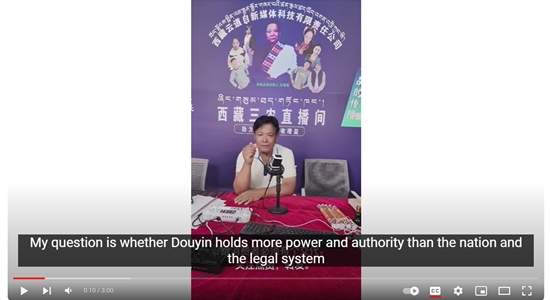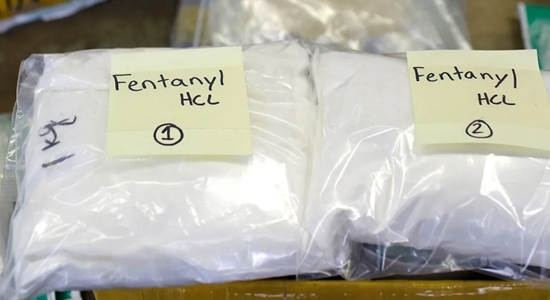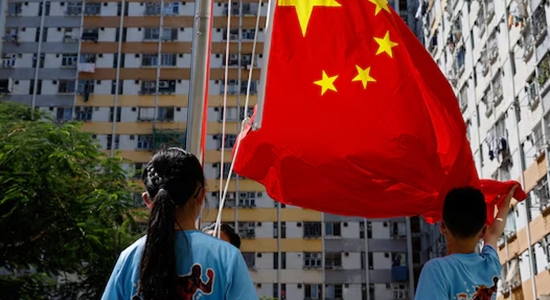
It’s not about depraved cinema, it’s about China’s depraved policy of slave labor and the effort to cover it up: “Morally Rotten Tomatoes: The Ürümqi-Salerno ‘Train’ Has Now Arrived in Italy” (Bitter Winter, June 7, 2024).
After having left Ürümqi, the capital of the Xinjiang Uyghur Autonomous Region, on April 29, 2024, and traveled by rail and sea, a cargo of agricultural products—well, half of it—arrived in Salerno in Italy. Salerno got 40 containers. The other 42 likely ended up at other junctures of a circuitous route designed to distribute them widely and “make their origin less traceable.”
The product Salerno received was tomatoes, and most of the tomatoes that are “produced in Xinjiang and exported to the world by the PRC come from slave labor….”
This shipment did not arrive without any objection being made in Italy itself, though not by the Italian government; by an organization representing Italian agriculture, the Confederazione Nazionale Coltivatori Diretti (Coldiretti), which “staged a huge vocal though pacific protest against the Xinjiang cargo.”
Xinjiang tomatoes are invading the Italian market. Tomato sauce and other products derived from Xinjiang tomatoes, the fruits of the brutal exploitation of human beings, enrich Chinese state-owned companies thanks to those unscrupulous Italian (and non-Italian) companies that affix a “made in Italy” label to something that is manufactured in Italy but with raw material coming from China. And of course Xinjiang tomatoes cost less, Coldiretti adds, because they come mostly from slave labor….
Would Coldiretti have protested if the imported tomatoes were merely cheaper than Italian tomatoes but not the product of slave labor? Maybe, given how common is the protectionist impulse. Colodiretti and many Italian farmers also object to agrifood products coming from other European countries.
But regardless of the motive or mixture of motives, the fact is that Coldiretti is objecting to the import of goods that are the product of slave labor and on those grounds. Bitter Winter notes that this slave labor is inflicted by the Chinese state “as part of its persecution of the Uyghurs and other Turkic people,” a persecution animated by hatred of “their culture, identity, and religion (mostly Islam).”
Trasporto europa reports: “According to Coldiretti, ‘last year, Italy imported 85 million kilos of processed Chinese tomatoes, mostly from Xinjiang, despite the United States banning its importation since January 2021 to prevent supporting forced labor.’ In Salerno, the ship was similarly approached by the association’s boats.”
Meanwhile, the Italian government, though it “left the PRC’s tentacular Belt and Road Initiative in December 2023,” has yet to act against these slave-made imports. But perhaps it will allow itself to be prodded by the protests and reporting into enacting a ban.





